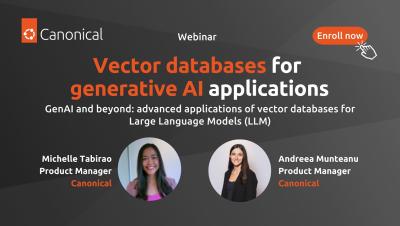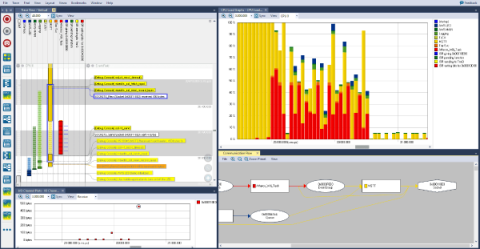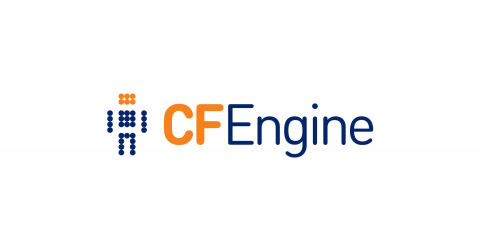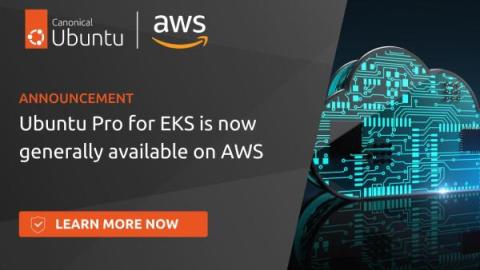Vector databases for generative AI applications
Join us for a deep dive into the role of vector databases in generative AI applications. Vector databases facilitate efficient data representation, retrieval and manipulation, enabling AI systems to generate high-fidelity outputs across various domains, from natural language processing to image synthesis. This webinar will discuss various concepts, such as generative AI, retrieval augmented generation (RAG), the importance of search engines, and efficient open source tooling that enables developers and enthusiasts to build their generative AI applications.











